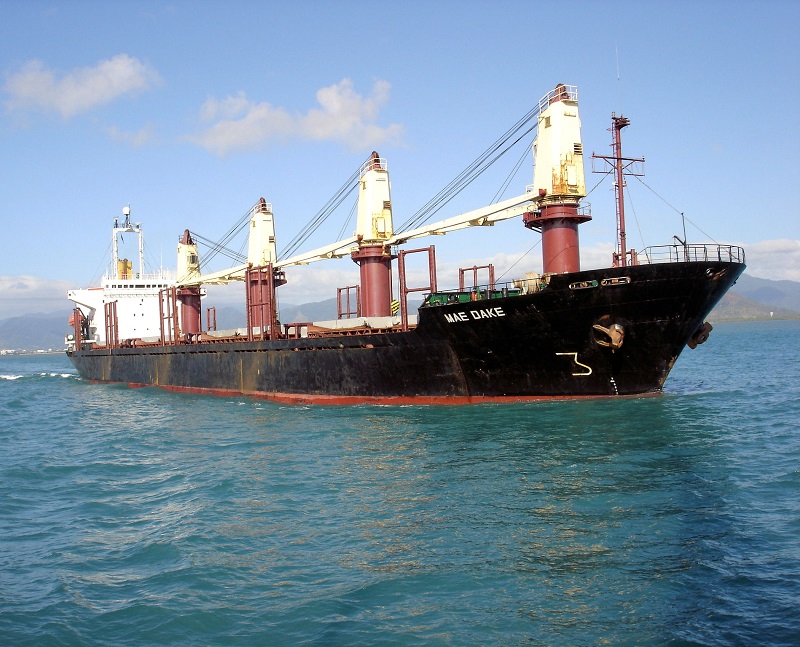In addition to regulating maritime commerce in U.S. waters and between U.S. ports, the Merchant Marine Act of 1920, more commonly known as the Jones Act, also defines the rights of seaman who have been injured while working on a vessel that is docked, at sea, or while in transit to another vessel.
The Jones Act provides injured seamen with maintenance (living expenses) and cure (medical expenses) benefits as well as vocational job training if the injured seaman is unable to return to their previous job. It also gives seamen the right to seek compensation for damages that occurred due to negligence on the part of a vessel’s owners, her captain and crew.

Under the Jones Act, maritime companies are required to maintain a “seaworthy” vessel, one that provides a safe environment in which to work and live. A vessel can be considered unseaworthy for several reasons: insufficient safety equipment, poor maintenance, dangerous working conditions, not enough crew, etc. When they fail to maintain a seaworthy vessel and a seaman becomes injured as a result, that seaman can file a claim against their employer or the vessel’s owner. The injured seaman can seek compensation for current and future medical expenses, lost wages, lost earning capacity, physical pain, mental anguish and other damages.=
Who Qualifies As A Seaman?
In order to file a claim under the Jones Act, a maritime worker must qualify as a “seaman.” However, the Jones Act doesn’t explicitly define what a seaman is.
Generally, to qualify as a seaman, a maritime worker must have been engaged or employed in any capacity on board a vessel; contributed to the function of the vessel or to the accomplishment of its mission; and spent at least 30% of their work time aboard a vessel.
The courts define a vessel as any watercraft or other artificial contrivance used, or capable of being used, as a means of transportation on water. This encompasses everything from cruise ships, tugboats and oil tankers to dredges, semi-submersible rigs and mobile offshore drilling structures.
Important Facts to Know about Filing a Claim under the Jones Act
Here are some important facts when considering filing a claim under the Jones Act:
- You generally have three years from the date of the accident to file a Jones Act claim.
- You don’t have to prove negligence to collect maintenance and cure benefits under the Jones Act, just that your injuries were work-related.
- Jones Act claims have a lower “burden of proof” than other types of personal injury cases, where it must be demonstrated that a defendant’s negligence was the primary cause of the plaintiff’s injuries. In a Jones Act case, a seaman only needs to prove that the defendant’s negligence played a part in the causing their injuries.
- Comparative negligence is applied in Jones Act cases. If a court finds the seaman to be partly to blame for their injuries along with their employer, it will assign a percentage of liability for each side.
Speak to a Houston Jones Act Attorney
If you are a seaman who has been injured in an accident aboard a vessel, it is important that you choose the right attorney to protect your rights. The Houston maritime attorneys at Ricardo N Gonzalez & Associates are familiar with all aspects of the Jones Act and other maritime law and how they apply in your situation. Our Houston Jones Act attorney team helps injured seamen in Houston and across Texas to obtain the compensation they deserve after being injured while working on an unseaworthy vessel.
Contact Ricardo N Gonzalez & Associates today to schedule a free, initial consultation with a Houston Jones Act attorney. We are here to discuss the facts in your case, help determine if you qualify as a seaman under the Jones Act, tell you if you may qualify for compensation under other maritime laws and provide honest, professional advice on the best way to move forward with your Jones Act claim.


